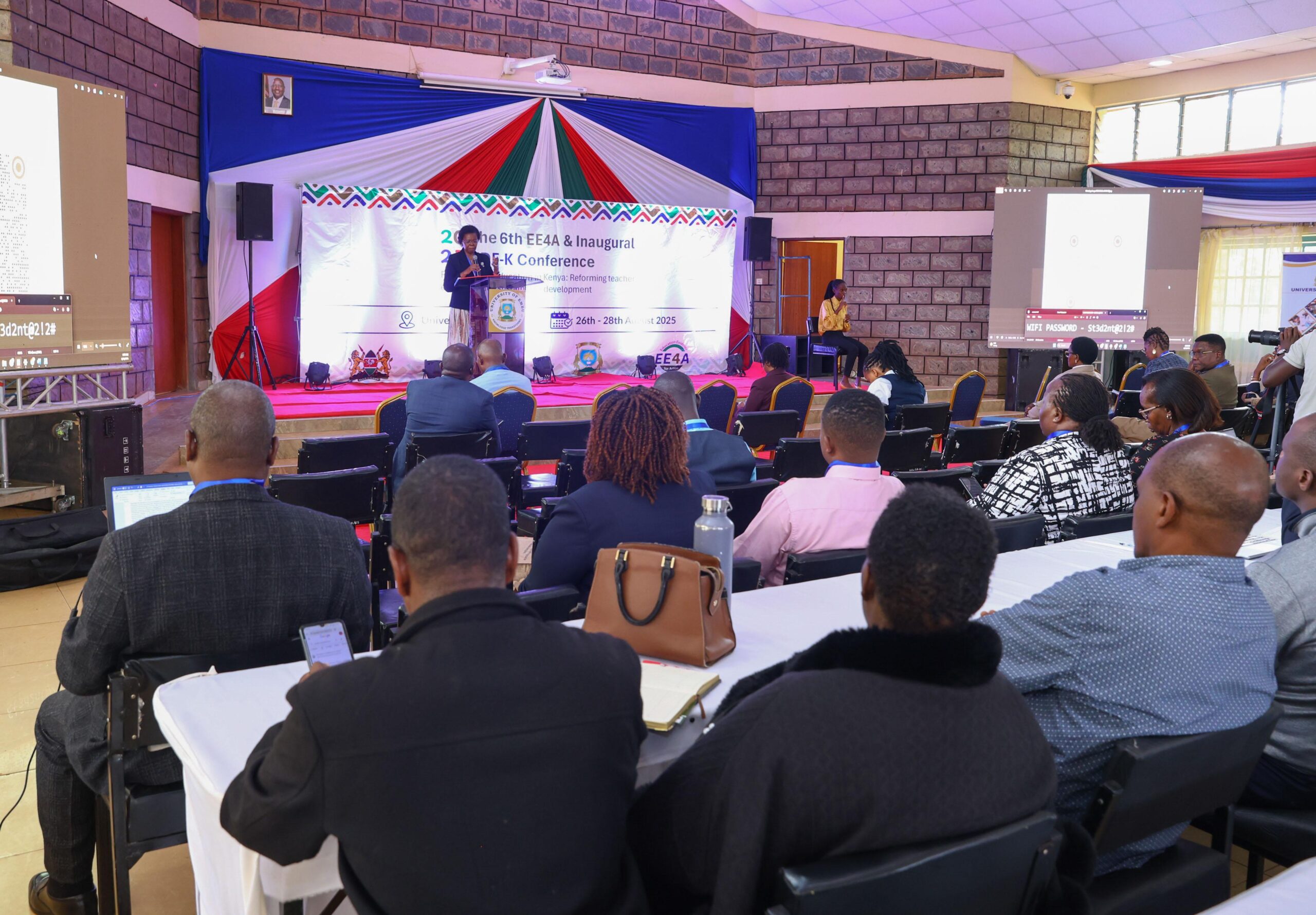
Education Experts Urge Evidence-to-Policy Shift to Tackle Global Learning Poverty » Capital News
EMBU, Kenya – Sep 1 – Education experts are urging governments to translate evidence into classroom practice as a new literacy paper spotlights the urgent need for policy reforms to address global learning poverty.
The paper, previewed at the 6th Biennial Education Evidence for Action (EE4A) and EDF-Kenya Conference at the University of Embu, calls for immediate adoption of proven interventions to strengthen foundational literacy and ensure children are not locked out of future learning opportunities. The paper will be officially launched later this year.
Produced by the What Works Hub for Global Education (WWHGE) in partnership with the Global Education Evidence Advisory Panel (GEEAP) and the British Council, the paper underscores three key priorities including Foundational literacy is non-negotiable, as it underpins all future learning.
- Proven approaches exist, including structured pedagogy, teacher professional development, and targeted interventions.
- Partnerships between global evidence and local policy can drive sustainable improvements.
At the conference, WWHGE hosted education leaders in a session titled “Strengthening the Evidence Ecosystem: Building a Roadmap for Education Reform in Kenya,” reiterating its mission to move global evidence into government policy and, ultimately, into classrooms.
Funded by the UK’s Foreign, Commonwealth & Development Office and the Gates Foundation, WWHGE brings together 12 strategic partners and 43 consortium partners under the convening leadership of the Blavatnik School of Government.
The event also highlighted the British Council’s Learning and Life for Global Education (LL4GE) initiative, which integrates literacy, language, and life skills to prepare young people for employment, resilience, and active citizenship.
Organised by the Zizi Afrique Foundation, EE4A serves as a platform where education researchers and policymakers deliberate on evidence-based solutions to improve learning outcomes across Africa.
Looking ahead, WWHGE and its partners plan to embed the Literacy Paper’s recommendations into national reform agendas, working with ministries, teacher training institutions, and local organisations to deliver classroom reforms that equip children with foundational skills at scale.